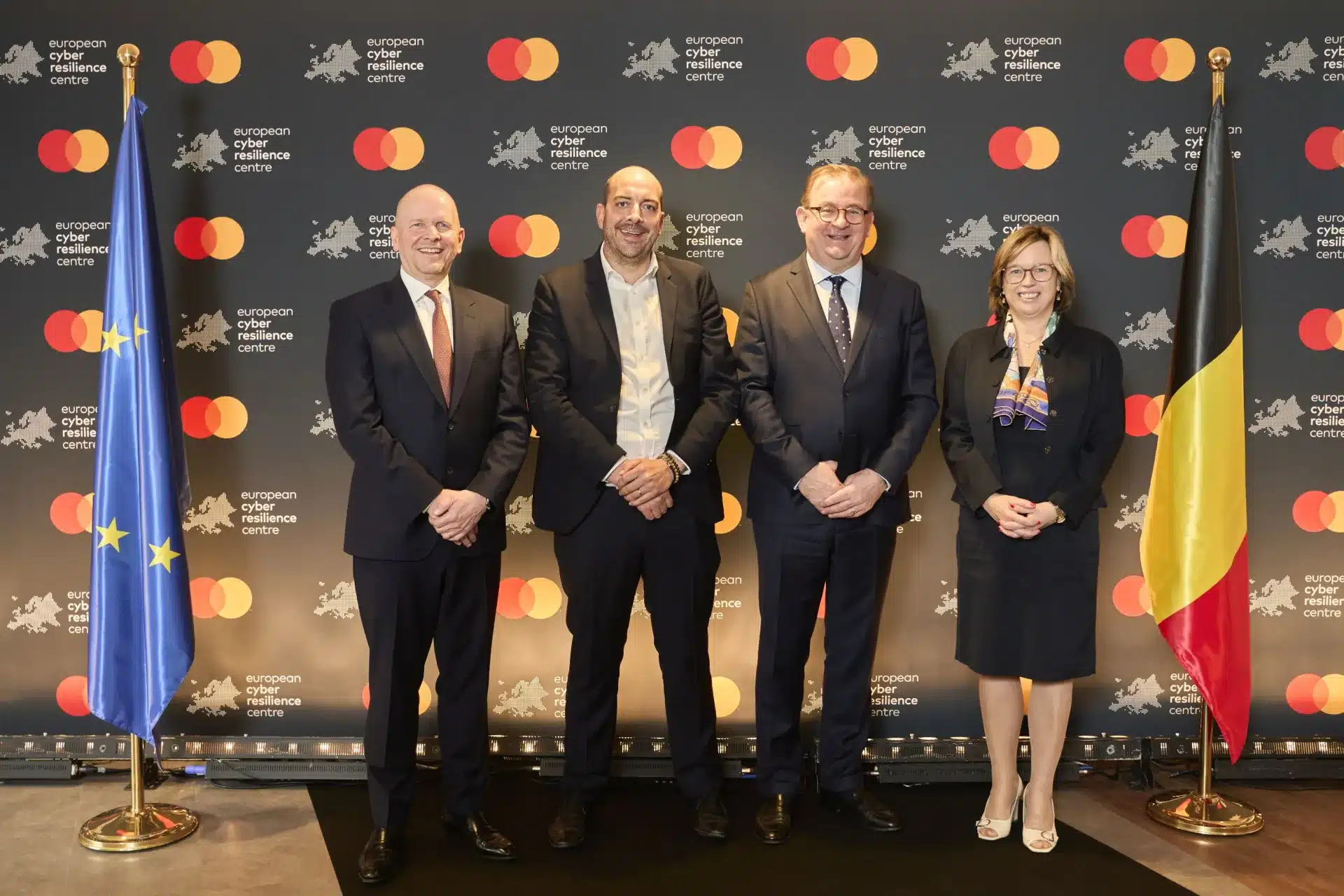Mastercard has opened the European Cyber Resilience Centre (ECRC) at its European headquarters in Belgium, reaffirming the company’s commitment to combating cyber threats and enhancing security in the region. This state-of-the-art facility will bolster defenses against cyber threats, accelerate response times, and serve as a leadership hub for cybersecurity, fostering collaboration between the public and private sectors.
In an era of rapid digitalization, cybercrime poses a common challenge for all organizations. Fraudsters are leveraging modern technologies in increasingly innovative and sophisticated ways to harm both consumers and businesses. Cybercrime has transformed into a global economy, currently valued at trillions of euros.
To confront this ever-changing threat landscape, the ECRC brings together partners from across the public and private sectors. By utilizing its technical infrastructure and diverse team of experts, it facilitates collaboration with national cyber intelligence centers, law enforcement agencies, and industry institutions throughout Europe.
“In today’s hyper-connected world, cybercrime evolves, and so do we. This center will unite the brightest minds from business, government, and other sectors to stay ahead of threats and make the digital world as safe as possible. We believe that ensuring consumers feel confident about their online safety extends beyond our walls,” said Michael Miebach, CEO of Mastercard.
The European Cyber Resilience Centre includes the Fusion Centre, the heart of Mastercard’s organizational incident response, a digital forensics lab, and over 20 other teams, all of which are crucial for effective operations.
“At Europol, we firmly believe that no single entity, sector, or nation can face the threat of cybercriminals alone. Each of us has a role to play. By bringing together all relevant parties, the European Cyber Resilience Centre can elevate the quality of our cross-sector collaboration,” said Catherine De Bolle, Executive Director of Europol.
Commitment to security in Europe is a natural extension of Mastercard’s role in driving economies worldwide. This is further evidenced by its robust infrastructure, which globally protected 143 billion transactions in 2023 alone.
